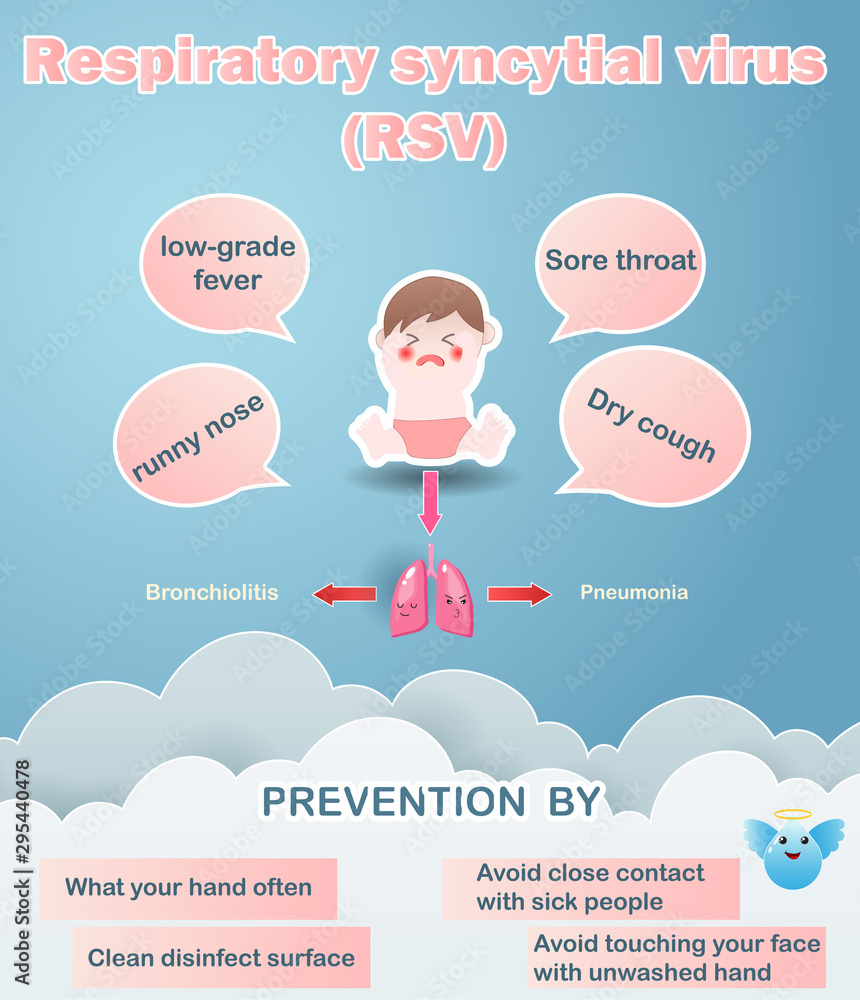Understanding RSV

RSV is a viral infection that affects the respiratory system, causing symptoms such as coughing, sneezing, runny nose, and fever. In mild cases, RSV can be treated at home with rest, hydration, and over-the-counter medications. However, in severe cases, RSV can lead to bronchiolitis, pneumonia, and other complications, particularly in high-risk groups such as premature infants, young children, and older adults with weakened immune systems.
Risk Factors for RSV
Certain individuals are at higher risk of developing severe RSV infection, including:
- Premature infants: Babies born before 37 weeks of gestation are at increased risk of developing severe RSV infection.
- Young children: Children under the age of 2 are at high risk of developing severe RSV infection.
- Older adults: Adults over the age of 65, particularly those with underlying health conditions, are at increased risk of developing severe RSV infection.
- Weakened immune systems: Individuals with weakened immune systems, such as those with cancer, HIV/AIDS, or taking immunosuppressive medications, are at higher risk of developing severe RSV infection.
- Chronic lung disease: Individuals with chronic lung disease, such as chronic obstructive pulmonary disease (COPD), are at increased risk of developing severe RSV infection.
Prevention Strategies
Preventing the spread of RSV requires a multi-faceted approach that involves both individual and community-wide efforts. Here are some strategies to help prevent the spread of RSV:
- Vaccination: While there is no vaccine available for RSV, palivizumab (Synagis) is a monoclonal antibody that can be administered to high-risk infants to help prevent severe RSV infection.
- Good hygiene practices: Frequent handwashing with soap and water, covering the mouth and nose with a tissue when coughing or sneezing, and avoiding close contact with individuals who are sick can help prevent the spread of RSV.
- Avoiding close contact: Avoiding close contact with individuals who are sick, particularly in high-risk groups, can help prevent the spread of RSV.
- Cleaning and disinfecting: Regular cleaning and disinfecting of surfaces, particularly in areas where high-risk individuals frequent, such as hospitals, childcare centers, and nursing homes, can help prevent the spread of RSV.
- Staying home when sick: Staying home from work or school when sick can help prevent the spread of RSV to others.
- Avoiding touching eyes, nose, and mouth: Avoiding touching eyes, nose, and mouth can help prevent the spread of RSV.
- Using masks: Wearing masks, particularly in healthcare settings, can help prevent the spread of RSV.
Community-Wide Efforts
Preventing the spread of RSV requires a community-wide effort. Here are some ways that communities can come together to prevent the spread of RSV:
- Public awareness campaigns: Public awareness campaigns can help educate individuals about the risks of RSV and the importance of prevention strategies.
- Vaccination programs: Vaccination programs can help ensure that high-risk individuals receive palivizumab (Synagis) to help prevent severe RSV infection.
- Infection control policies: Healthcare facilities and childcare centers can implement infection control policies, such as isolation precautions and cleaning and disinfecting protocols, to help prevent the spread of RSV.
- Support for high-risk individuals: Communities can provide support for high-risk individuals, such as providing access to vaccination programs and infection control resources.
Frequently Asked Questions (FAQs)
- What is RSV?
RSV is a viral infection that affects the respiratory system, causing symptoms such as coughing, sneezing, runny nose, and fever. - Who is at risk of developing severe RSV infection?
Premature infants, young children, older adults, and individuals with weakened immune systems are at higher risk of developing severe RSV infection. - How can I prevent the spread of RSV?
Preventing the spread of RSV requires good hygiene practices, avoiding close contact with individuals who are sick, and staying home when sick. - Is there a vaccine available for RSV?
While there is no vaccine available for RSV, palivizumab (Synagis) is a monoclonal antibody that can be administered to high-risk infants to help prevent severe RSV infection. - What can I do to protect my family from RSV?
To protect your family from RSV, practice good hygiene, avoid close contact with individuals who are sick, and stay home when sick. - Can I get RSV more than once?
Yes, it is possible to get RSV more than once, as the virus can reinfect individuals throughout their lives. - How long is someone with RSV contagious?
Someone with RSV is typically contagious for 3-8 days after symptoms appear.
Conclusion
RSV is a highly contagious virus that can cause severe illness and hospitalization, particularly in high-risk individuals. Preventing the spread of RSV requires a multi-faceted approach that involves both individual and community-wide efforts. By practicing good hygiene, avoiding close contact with individuals who are sick, and staying home when sick, we can help prevent the spread of RSV and protect our most vulnerable community members. Additionally, community-wide efforts, such as public awareness campaigns, vaccination programs, and infection control policies, can help prevent the spread of RSV and promote a healthier community. By working together, we can reduce the impact of RSV outbreaks and create a safer, healthier environment for everyone.
Closure
Thus, we hope this article has provided valuable insights into RSV outbreak prevention. We thank you for taking the time to read this article. See you in our next article!